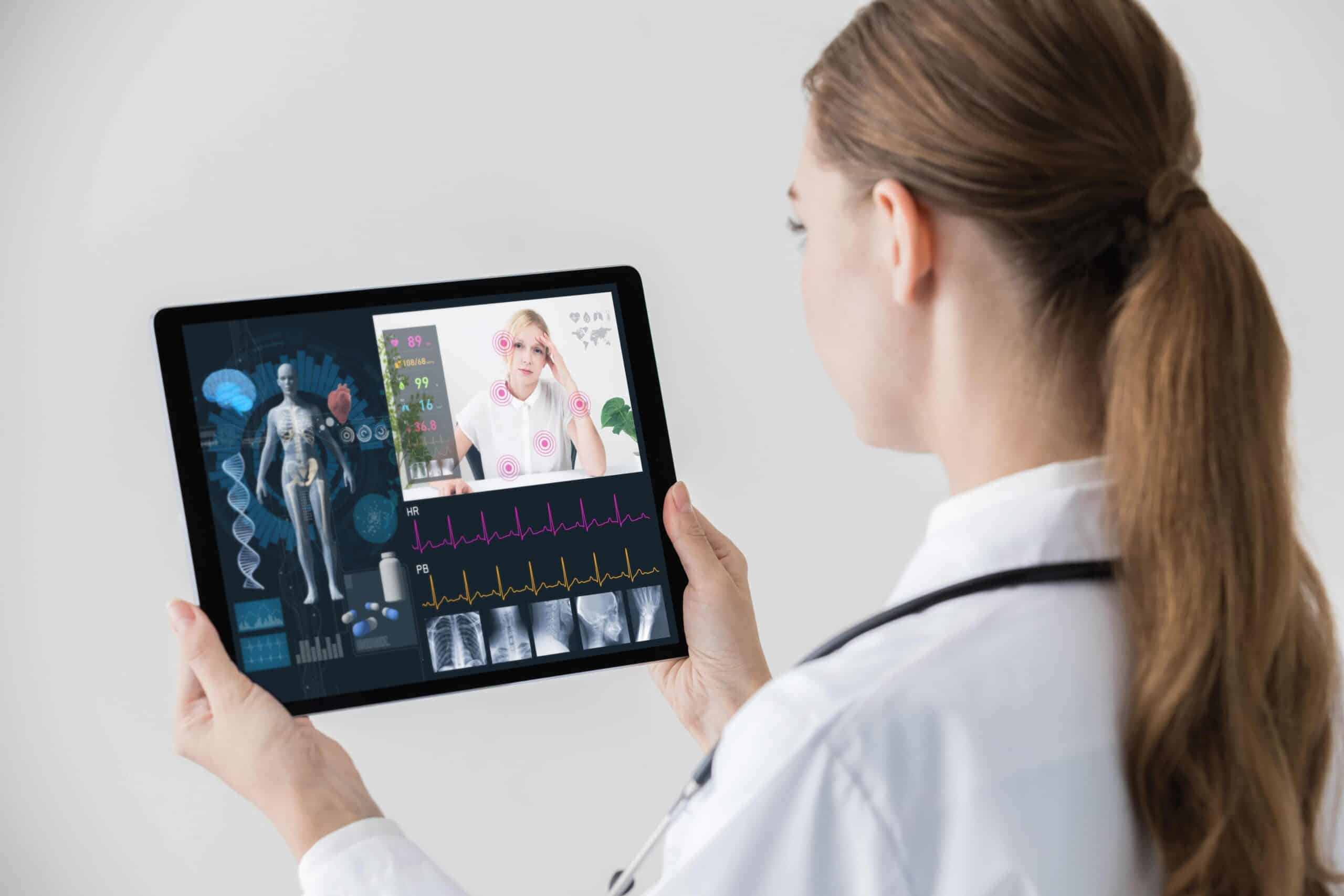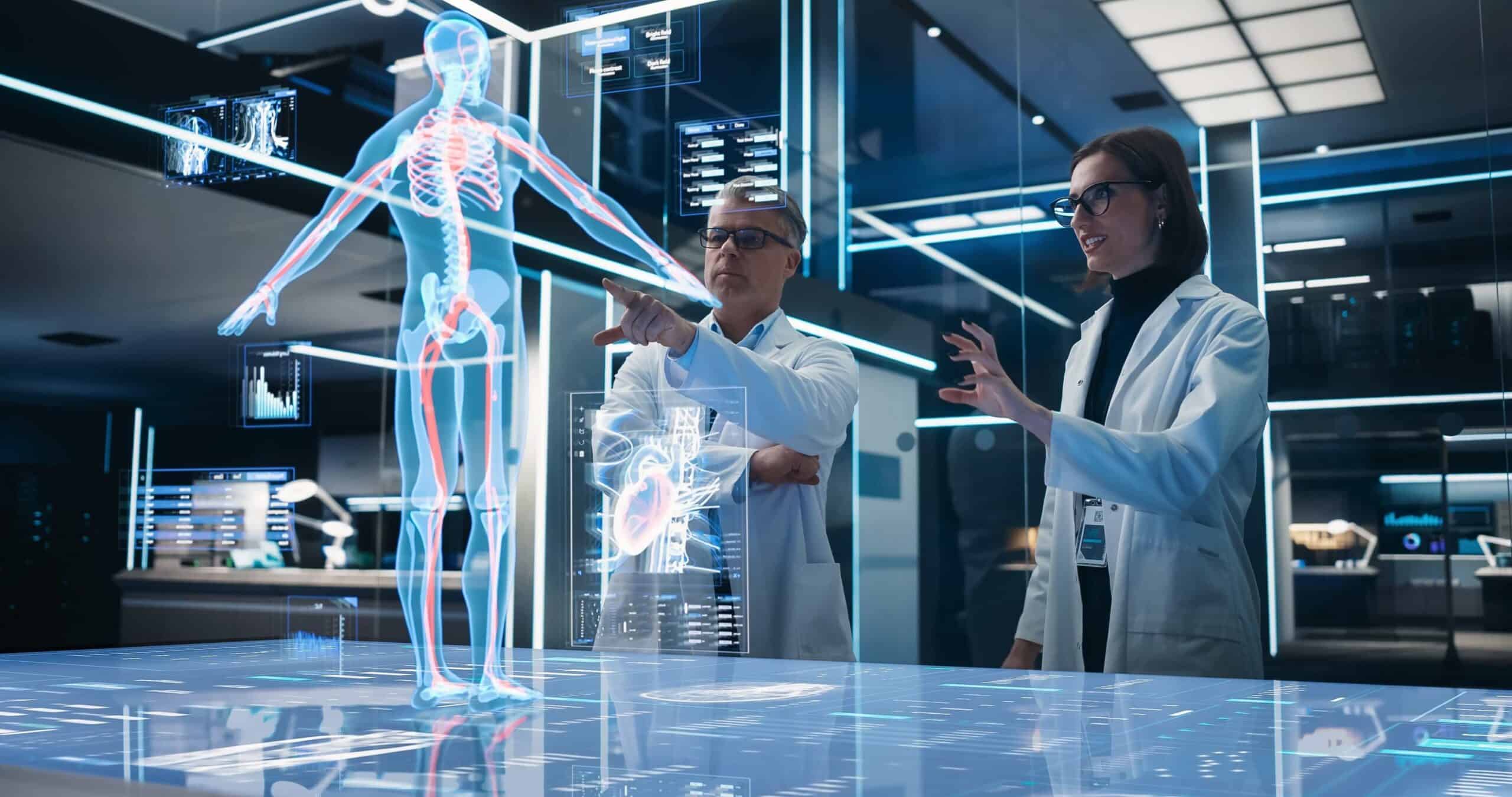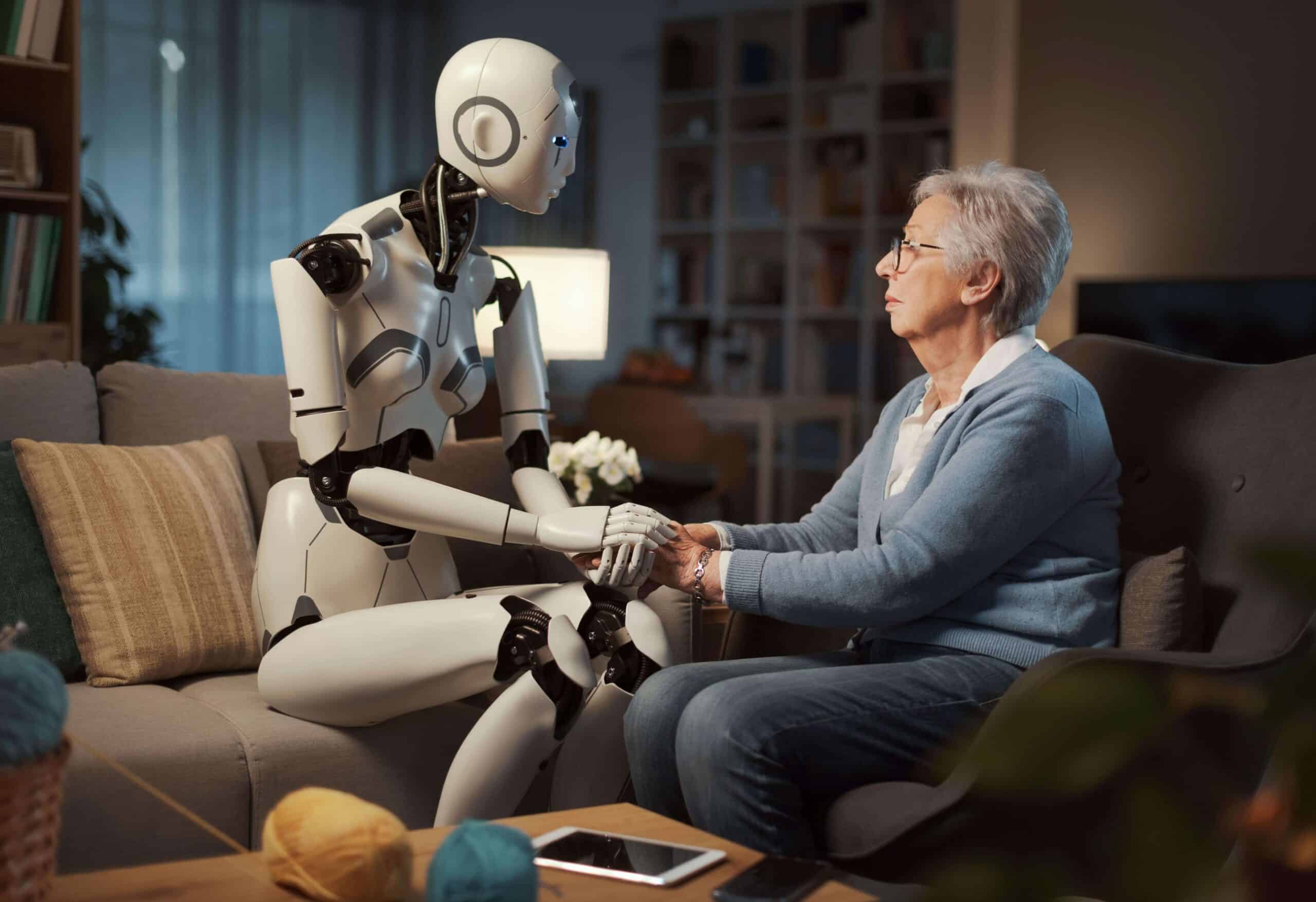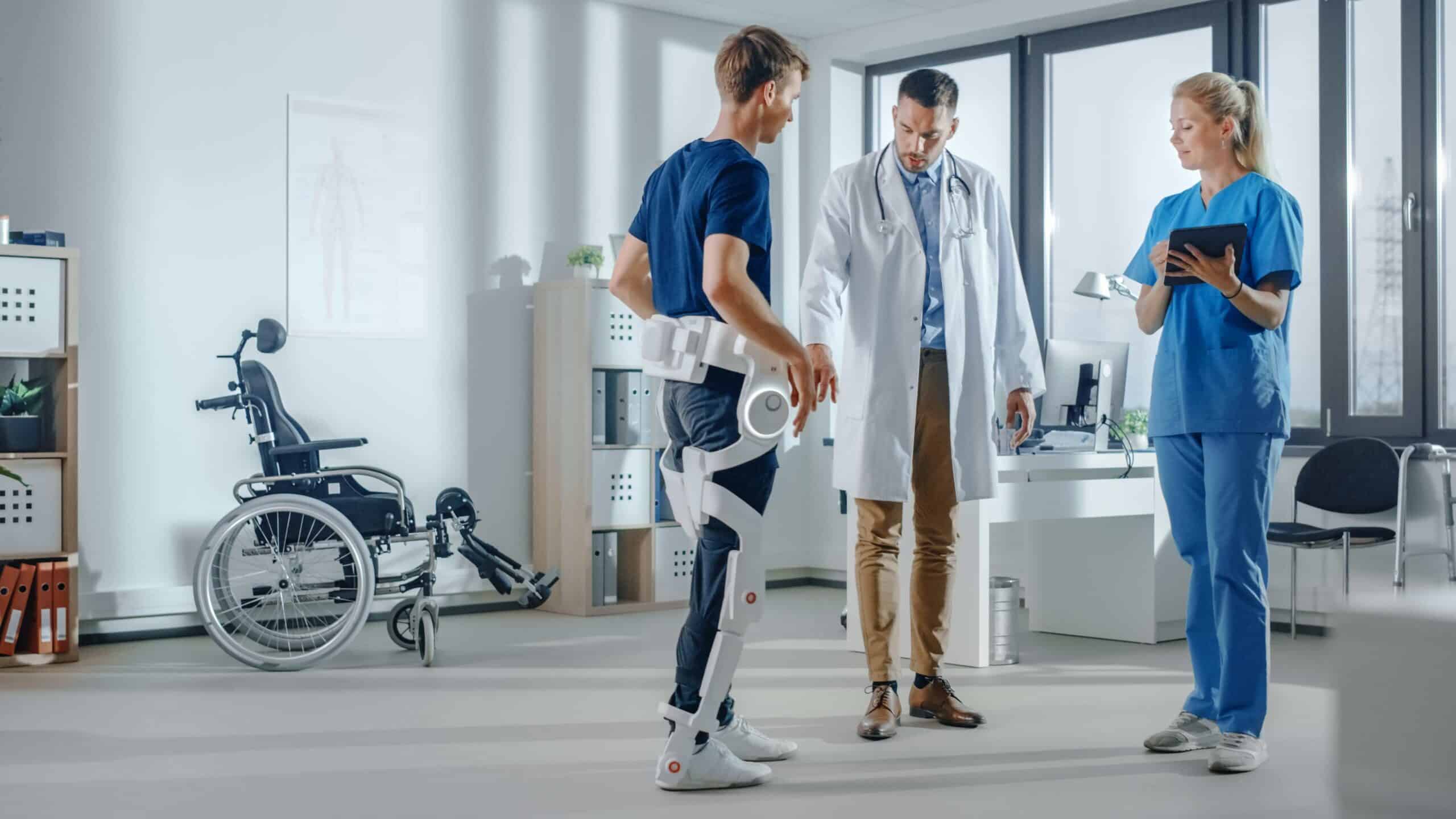It’s fascinating how healthcare has evolved over the course of human existence. Ancient medical procedures have given way to modern healthcare innovations. It has been an area, previously mainly under human influence, which has been greatly affected by technology. Today there are lots of pros and cons to healthcare. While we have achieved remarkable success in controlling major diseases like diabetes, asthma and cancer, there are still issues which need attention. However, I believe we will soon see ‘perfect’ healthcare where the patient is the centre and not doctors and hospitals.
Yes, modern healthcare innovations are using the power of hardware, software and the internet to bring smart devices and complex computers to life. These devices rest on the palm of your hand and give you in-depth information. In our previous posts, we already saw that the concept of a family doctor will likely cease to exist through technologies like Luna (the smart mattress) and Baby Mimo (a baby monitoring device). Today we delve into more technologies which will bring advanced medical care to your fingertips and lead to increased innovation. As a result of these new technologies, we will also see downsizing in the healthcare industry, lowering the cost of quality healthcare and making it accessible to more and more people. We will look at a future where stethoscopes become obsolete and, instead, cute robots will welcome you to your hospital bed.
Video credits: Philips Healthcare
We will see how modern technology will help infertile couples experience the joy of parenthood and smart pills that alert you when you need a prescription refill! I do however ask myself: will these modern healthcare methods keep our personal information secure or will the free and continuous flow of information enable related businesses like insurance companies to exploit this data? Smart pills inside our body will record as many as 140 values like blood pressure, oxygen levels, sugar levels etc. and send vital stats to connected doctors who in turn will call us in case of important updates. The concept of ‘prevention is the best cure’ may well be realised but are there any downsides to this? What if I go to a party with a couple of friends and drink too much beer and the week after that, my insurance company charges a higher premium because of this information being available to them? Will that be justified? This dilemma makes me wonder how disruptive healthcare is really going to get.
Stethoscopes will become redundant. Say hello to smart ultrasound devices
As a child, I used to love my doctor’s set and the stethoscope was my favourite instrument. In a way, it’s been a symbol for the healthcare industry and professionals for more than 200 years. Sadly, disruptive healthcare innovations will soon make it obsolete. Who will still need a stethoscope to listen for abnormalities when smart hand-held ultrasound devices enable doctors to look deep into our bodies without even touching us? These devices are set to change the course of the healthcare sector forever as they will not only redefine procedures by making them more precise and efficient, but also redefine doctor-patient relationships, giving doctors more time to analyse and connect with a patient at a personal level. This, experts believe, will make healthcare more effective. These machines which look like smartphones can diagnose heart, lung and other problems with a precision far exceeding the capabilities of a traditional stethoscope.
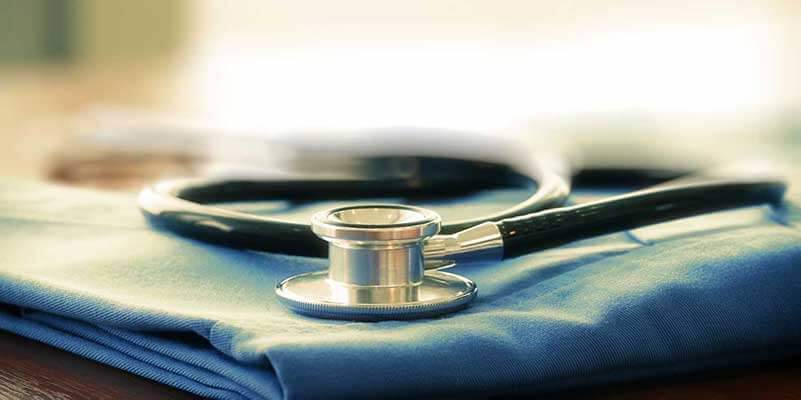
You can expand your look at the entire body and get vital data instantly instead of waiting for days for the results to come in. In a nutshell, these devices are the future of industrial scale healthcare. The chance of misdiagnoses can be reduced to a minimum as abnormalities can be detected instantaneously. The technology is relatively new and costly. This may be a reason for it not picking up at the moment but as the technology progresses and reaches a wider scale, costs will reduce and make healthcare more efficient than ever. Doctors will have more time to connect and know more about the patient – giving them an idea about their personal habits which will in turn help provide better insights and solutions. In a way, these devices will provide a quantum leap for modern healthcare in which huge, energy depleting and costly machines will make way for smarter, smaller and more eco-friendly devices which provide results and solutions far more efficiently.
Check your own vitals and get a CliniCloud physician on demand!
The cloud is connecting everything and everyone and cloud computing and solutions have made it easier for people to access better services and products from all corners of the globe. Healthcare is no different. CliniCloud is a digital health diagnostic tools startup which has rolled out a range of Bluetooth connected devices like stethoscopes and thermometers. These tools are designed for users to get information about their vital stats and immediately get access to medical experts via the cloud. Stats monitored include your body temperature, heart rate, oxygen levels and so on. These stats can be bundled and mailed to a physician who is closest to you on demand. Basically, you will have access to your diagnostics without having to leave your home! The idea again is to provide more power to the end user. The fact that medical devices can be used by normal people for everyday health monitoring is in itself unique and powerful. Such technologies also make your healthcare cost-efficient as you save a lot of time, money and energy. Also, going to the doctor when you are sick can be a bit of a hassle. But imagine the doctor coming to you based on the temperature readings you emailed him! Better, isn’t it?
With modern healthcare, you will no longer be dependent on your fertility to start a family
For most of us today, settling down means starting a family, and children are the central part of this idea. Over the course of the last century we have tackled many problems related to infertility, both among males and females. We have come up with great biological and healthcare innovations to make this dream accessible for most people with infertility problems. Concepts like IVF have allowed infertile couples to enjoy parenthood. With potential integration with smart technology, concepts like IVF have expanded into areas where we can detect genetic abnormalities like extra chromosomes and, for instance, possible pregnancy complications. With these new technologies, issues that lead to pregnancy complications and even miscarriage can now be detected at a much earlier stage.
See also: 6 healthcare technologies that will render your family doctor obsolete
According to experts, only 40-45% of women under the age of 35 become pregnant after a single IVF cycle. They believe that, through smart IVF screening, this percentage can sit at 100% in the future! Currently the cost of such screenings is high. That is why they are only done in serious cases like multiple miscarriages. I believe, as the costs of technology go down, we will see a wider use of screening devices. The use of IVF screening has also raised questions about the possibility of ‘designer babies’. But experts say that the desirable traits people want for their babies, such as intelligence, athleticism and creativity are complex and, thankfully, our current level of understanding of the biology and genetics involved doesn’t allow for such practices as ‘creating babies on-demand’ just yet. In order to avoid exploitation of such technology in the future, authorities must devise guidelines and regulations to limit the practice to healthcare concerns.
Meet Tug, the bot: the go-to staff member for all your in-hospital needs
With the support of smart technology, automation is also reaching new heights – and healthcare is benefiting from such developments. The Mission Bay Wing at the University of California, San Francisco, has a fleet of robots called Tugs. Their responsibilities are simple: delivering drugs, preparing meals, making/changing beds, doing laundry and taking care of waste disposal. That’s 5-6 jobs cut and a lot of money saved! While there are many benefits in terms of efficiency and cost reduction – therefore making healthcare more accessible to more people – there are also sceptics who think we might be moving towards a time of global unemployment. Experts believe that the current, limited capabilities of these bots will not have a significant impact on the employment equilibrium in the future. I think they are right. If you go to the UCSF medical Centre, you will find two types of Tugs: one is shaped like a pickup truck and handles food and laundry while the other one is like a van that moves drugs around. We can hardly call that a threat to employment. Well, not yet, anyway.
More smart pills: this time with 3G and LTE connections
Adheretech is a startup based in New York City. It is focusing on the disruptive concept of measuring the real-time humidity levels and the quantity levels of medicine by adding 3G and LTE connections to the prescription packages. The aim is to use this synchronization of sensors and connectivity to wirelessly send data to the cloud (through a HIPAA compliant process, as they say) and use this data to provide alerts to patients regarding taking or refilling their medication. The idea in itself is unique and could come in quite handy for people with memory problems. Initial results show that the number of patients that started following medication regimes increased from 60% to 90%. There was also a decrease in patient re-admissions and additional medical procedures. Therefore, this notification system seems worth it.
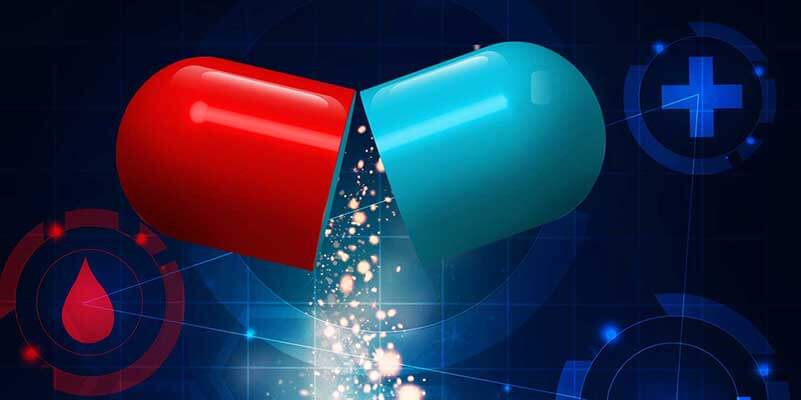
The guys at Adheretech, graduates of the Blueprint Health accelerator program and winners of the PILOT NYC Health Tech Awards, are planning to partner with hospitals, pharmaceuticals and insurance companies to start a basic campaign with a particular focus: the use of their bottles for medication that is very expensive or where the administering of this medication in the proper doses is vital to the treatment or management of the medical condition. Similar technologies do exist but Adheretech is a few steps ahead in the game as others are limited to alerts regarding whether a bottle has been opened or not. Since timely and properly administered medication can help in the prevention of health complications or even fatalities, technologies like these might prove to be very effective in terms of disease management as well as hospital cost reduction.
See also: The healthcare industry – 6 techniques that will disrupt it
Hardware and software come together to provide efficient solutions to diabetics
Diabetes is a major global healthcare concern. Not only does it require life-long management but it can also result in serious life-threatening conditions if left untreated. Hemanshu Jain, Shreekant Pawar and Amir Shaikh, three innovators from India, were concerned about the health-related issues of diabetes in their country. A brainstorming session led to the development of a unique app called Diabeto which aims at making life simpler for diabetics around the world. The concept revolves around the use of hardware to get data and then transmitting this data through app algorithms for direct analysis. These men realised the impeding gap between diabetes testing and management. I have to say they are correct. Diabetes is a condition where fatalities mostly happen due to ignorance or lack of concern. Once you have your glucose levels from a glucometer, the results need to be forwarded to the doctor for analysis and a treatment plan but this relaying of information doesn’t always happen as it should. The Diabeto hardware plugs into the glucometer and reads data from the machine. This information is transferred to your android phone via Bluetooth. The information is then segmented and analysed to provide insights and tips for better glucose management!
I find genuine promise in the device; firstly because it is not just another glucometer; we finally have something which allows us to manage this disease effectively. The functionality of the device is also greatly enhanced through the app which provides insights to make diabetes management a more efficient process. To increase the app utility, the creators have also included features like progress graphs, tabulated results, time frames and automated mails to doctors in the event of serious symptoms. The idea behind Diabeto is quite genuine and unique. In the time to come, I believe it will become a must-have tool for diabetics to help them take control of the disease and not be controlled by it.
Conclusion
So will you give Tug the bot a hug after you leave the healthcare facility all healthy, wealthy and wise? Or are you planning to get your own smart devices and pills to make your healthcare fully personalised and automated? Whatever the case may be, you will probably realise by now that healthcare as we know it will never be the same again. Treatments and procedures which were too costly for some will soon be easily accessible to a greater number of people as technology brings down medical costs. One thing is certain, the disruptive forces ruling healthcare today are far more potent than anything in the previous 3-4 centuries. Cloud computing, smart technology, IoT, automation and related analytics will shape the future of healthcare and turn it into an industry where the patient, and not the doctor, is in control. Cost reductions and virtual healthcare will enable even the remotest of areas of the globe to have access to the best medical care. Asthma patients will have up-to-the-minute information about their breathing anomalies and smart IVF screening will increase the chances for couples to have children. The future looks bright, doesn’t it?

